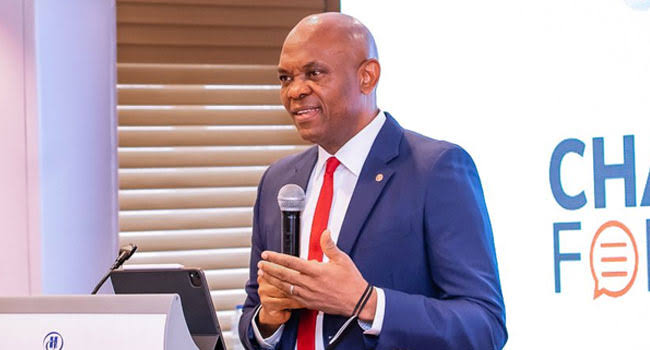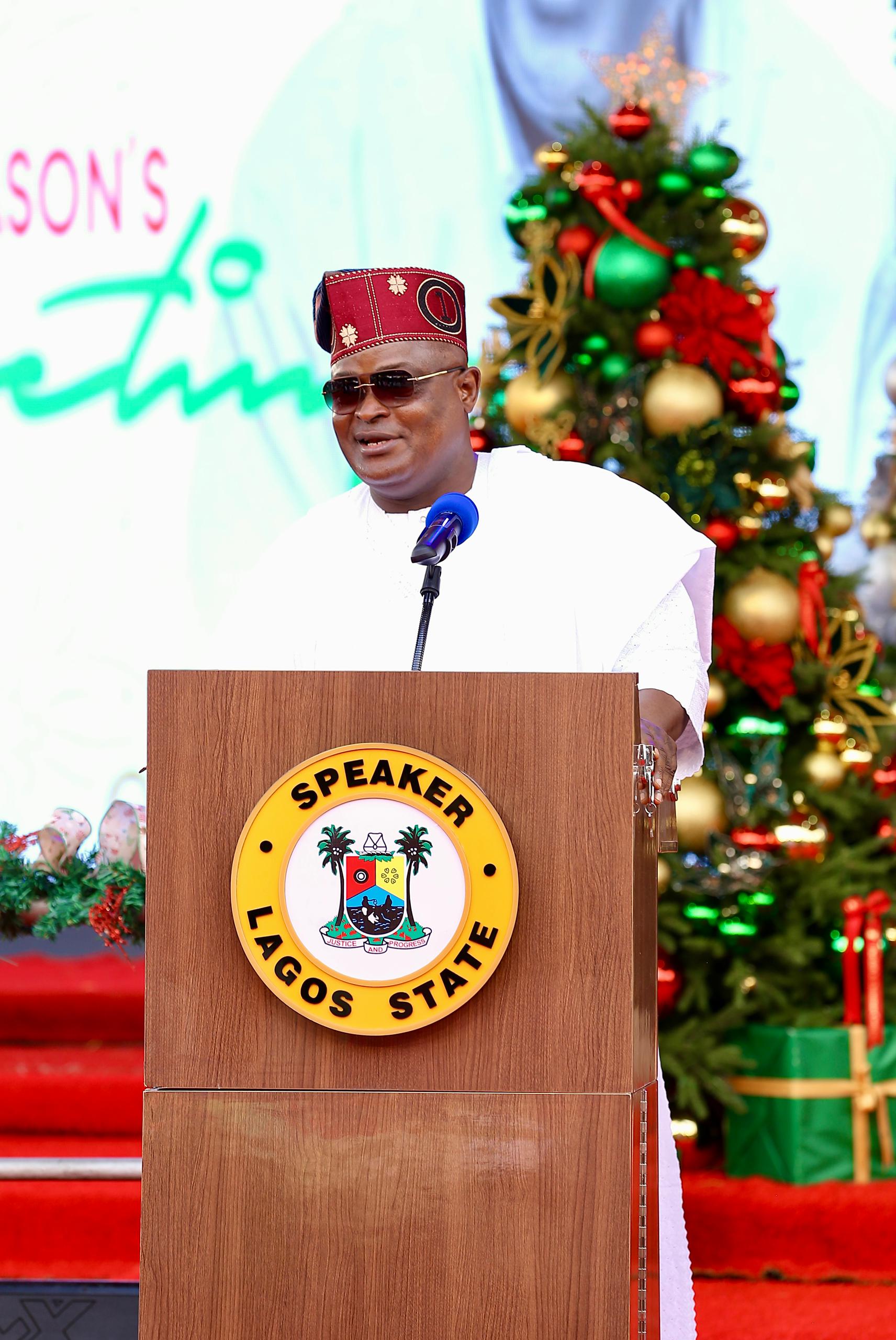Nigeria inflation rate drops to 18.02% in September 2025, marking six straight months of decline and raising prospects of another rate cut by the CBN
The Nigeria inflation rate eased to 18.02 per cent in September 2025, down from 20.12 per cent recorded in August, according to the National Bureau of Statistics (NBS).
Also read: CBN governor hints at rate Cuts as inflation eases
This marks the sixth consecutive month of disinflation and the first time in three years that headline inflation has dipped below the 20 per cent threshold.
The sustained moderation in consumer prices follows the rebasing of the Consumer Price Index (CPI) earlier in the year, a key factor that analysts say has supported the trend.
The development also reinforces expectations of another Monetary Policy Rate (MPR) cut by the Central Bank of Nigeria (CBN).
According to the latest NBS report released on Wednesday, the September headline inflation figure represents a 2.1 per cent decrease compared to August.
On a year-on-year basis, inflation fell 14.68 percentage points from 32.70 per cent in September 2024 a significant improvement that signals easing price pressures across the economy.
“On a month-on-month basis, the headline inflation rate in September 2025 was 0.72 per cent, down from 0.74 per cent in August,” the report stated, adding that the rate of price increase has slowed for most goods and services.
**Food and Core Inflation Trends**
Food inflation moderated to 16.87 per cent year-on-year, 20.9 percentage points lower than the 37.77 per cent recorded in the same period last year.
The NBS attributed the slowdown partly to changes in the CPI base year and a reduction in the prices of staple food items such as maize, garri, beans, tomatoes, onions, and peppers.
Month-on-month, food inflation fell sharply by 1.57 per cent, compared to 1.65 per cent in August, reflecting easing supply-side pressures.
Core inflation — which excludes farm produce and energy — also dropped to 19.53 per cent in September from 27.43 per cent a year earlier, while urban inflation stood at 17.50 per cent year-on-year.
Rural inflation, by contrast, eased to 18.26 per cent both monthly and yearly, showing a broad-based deceleration in price growth.
**State-by-State Breakdown**
At the state level, Adamawa (23.69 per cent), Katsina (23.53 per cent), and Nasarawa (22.29 per cent) recorded the highest year-on-year inflation, while Anambra (9.28 per cent), Niger (11.79 per cent), and Bauchi (12.36 per cent) posted the lowest.
On a month-on-month basis, the sharpest increases occurred in Zamfara (9.36 per cent) and Adamawa (8.15 per cent), whereas Niger (-8.14 per cent) and Oyo (-5.56 per cent) saw declines.
Food inflation was highest in Ekiti (28.68 per cent), Rivers (24.18 per cent), and Nasarawa (22.74 per cent), while Bauchi (2.81 per cent) and Niger (8.38 per cent) recorded the slowest rises.
**Analysts Expect Further Rate Cuts**
Market analysts say the trend strengthens the case for further monetary easing. Lukman Otunuga, Senior Research Analyst at FXTM, projected the inflation figure would settle near 18.8 per cent, citing “a combination of softer food prices and a strengthening naira.”
Experts at Arthur Steven Asset Management agreed, noting that “the sustained disinflation trend strengthens expectations of another policy rate reduction at the next MPC meeting in November.”
Similarly, AIICO Capital observed in its Inflation Watch report that the decline reflects the “positive impact of recent government reforms,” particularly the CPI rebasing and stable foreign-exchange and energy markets.
“With inflation now approaching the 15 per cent budget benchmark, further rate cuts are possible before year-end,” the report stated.
“However, lasting stability will depend on sustained policy discipline, improved food security, and consistent energy pricing.”
Also read: Nigeria records drop in June 2025 inflation data, says NBS
The steady fall in the Nigeria inflation rate marks a rare period of relief for households and businesses, potentially signalling a gradual restoration of purchasing power and investment confidence after years of surging consumer prices.
Source: Read more at freelanews.com
























